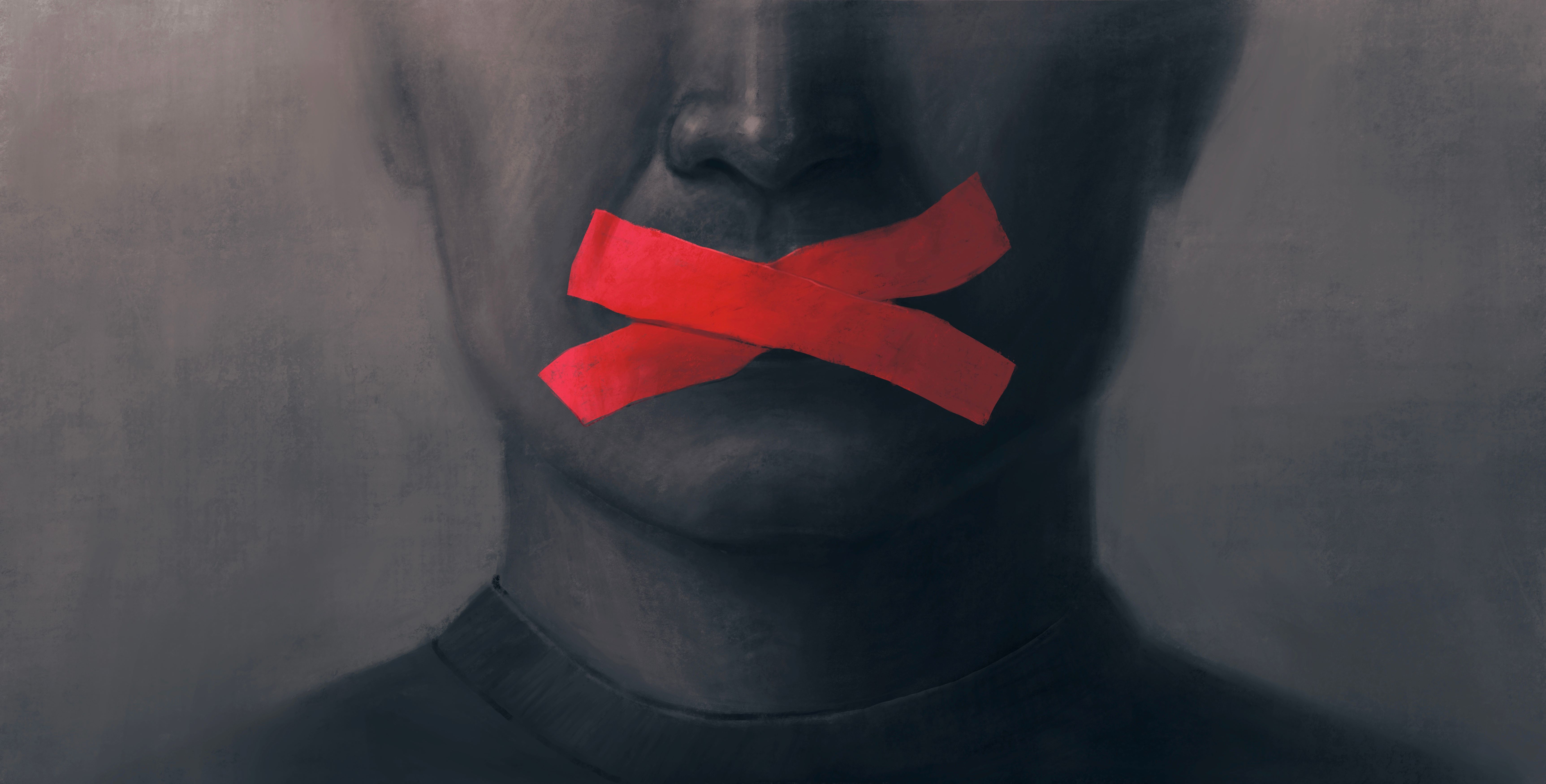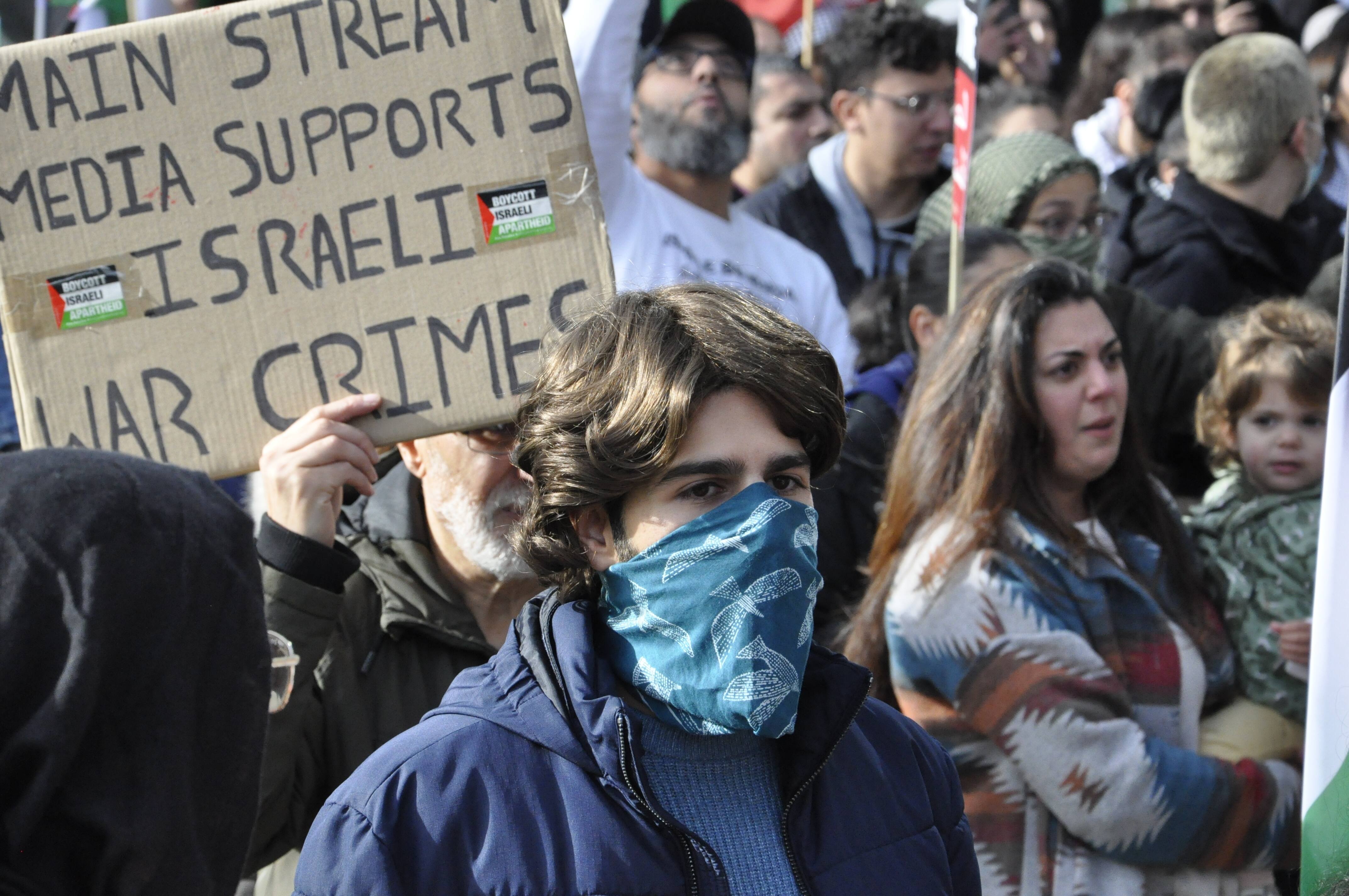Al Jazeera Journalism Review
Press Freedom in Multiple EU Countries on the "Verge of Collapse" Reports Show
The European Civil Liberties Union's Media Freedom 2024 report highlights a decline in press freedom and media pluralism in several EU countries, with calls for comprehensive reforms. The report also points out biases in Western media coverage of the Israeli offensive in Gaza, including restrictions on certain terms and unbalanced reporting. It raises concerns about diminishing media pluralism, journalist prosecution and surveillance, and declining public trust in the media.
Your Words Are Your Weapon — You Are a Soldier in a Propaganda War
Narrative warfare and the role of journalists in it is immense; the context of the conflict, the battleground has shifted to the realm of narratives, where journalists play a decisive role in shaping the narrative.
The Perils of Journalism and the Rise of Citizen Media in Southeast Asia
Southeast Asia's media landscape is grim, with low rankings for internet and press freedom across the region. While citizen journalism has risen to fill the gaps, journalists - both professional and citizen - face significant risks due to government crackdowns and the collusion between tech companies and authorities to enable censorship and surveillance.
Orientalism, Imperialism and The Western Coverage of Palestine
Western mainstream media biases and defence of the Israeli narrative are connected to orientalism, racism, and imperialism, serving the interests of Western ruling political and economic elites. However, it is being challenged by global movements aiming to shed light on the realities of the conflict and express solidarity with the Palestinian population.
Ethical Dilemmas of Photo Editing in Media: Lessons from Kate Middleton’s Photo Controversy
Photoshop—an intelligent digital tool celebrated for enhancing the visual appearance of photographs—is a double-edged sword. While it has the power to transform and refine images, it also skillfully blurs the line between reality and fiction, challenging the legitimacy of journalistic integrity and the credibility of news media.
Silenced Voices: The Battle for Free Expression Amid India’s Farmer’s Protest
The Indian government's use of legal mechanisms to suppress dissenting voices and news reports raises questions about transparency and freedom of expression. The challenges faced by independent media in India indicate a broader narrative of controlling the narrative and stifling dissenting voices.
Breaking Barriers: The Rise of Citizen Journalists in India's Fight for Media Inclusion
Grassroots journalists from marginalized communities in India, including Dalits and Muslims, are challenging mainstream media narratives and bringing attention to underreported issues through digital outlets like The Mooknayak.
Why Journalists are Speaking out Against Western Media Bias in Reporting on Israel-Palestine
The article highlights how over 1,500 journalists are speaking out against Western media's biased coverage of the Israel-Palestine conflict, criticizing its dehumanizing language, lack of context, and disproportionate focus on Israeli narratives at the expense of Palestinian voices and journalistic integrity.
Artificial Intelligence's Potentials and Challenges in the African Media Landscape
How has the proliferation of Artificial Intelligence impacted newsroom operations, job security and regulation in the African media landscape? And how are journalists in Africa adapting to these changes?
Media Blackout on Imran Khan and PTI: Analysing Pakistan's Election Press Restrictions
Implications and response to media censorship and the deliberate absence of coverage for the popular former Prime Minister, Imran Khan, and his party, Pakistan Tehreek-e-Insaf (PTI), in the media during the 2024 elections in Pakistan.
Digital Battlegrounds: The New Broadcasting Bill and Independent Journalism in India
New legislation in India threatens the freedom of independent journalism. The draft Broadcasting Services (Regulation) Bill, 2023 grants the government extensive power to regulate and censor content, potentially suppressing news critical of government policies.
Pegasus Spyware: A Grave Threat to Journalists in Southeast Asia
The widespread deployment of spyware such as Pegasus in Southeast Asia, used by governments to target opposition leaders, activists, and journalists, presents significant challenges in countering digital surveillance. This is due to its clandestine operations and the political intricacies involved. The situation underscores the urgent need for international cooperation and heightened public awareness to address these human rights infringements.
Media Monopoly in Brazil: How Dominant Media Houses Control the Narrative and Stifle Criticism of Israel
An in-depth analysis exploring the concentration of media ownership in Brazil by large companies, and how this shapes public and political narratives, particularly by suppressing criticism of Israel.
In-Depth Analysis Reveals Distortion in U.S. Media's Coverage of the Gaza Conflict
A new quantitative analysis by The Intercept reveals the extent of distorted coverage in American media of the Israeli war on Gaza.
In the Courtroom and Beyond: Covering South Africa's Historic Legal Case Against Israel at The Hague
As South Africa takes on Israel at the International Court of Justice, the role of journalists in covering this landmark case becomes more crucial than ever. Their insights and reporting bring the complexities of international law to a global audience.






















![A demonstration against Israel's war on Gaza on Paulista Avenue in São Paulo on November 4, 2023, draws attention to the deaths of children while the media focuses on the war against terrorists. [Photo: Lina Bakr]](/sites/default/files/ajr/2024/Picture1.png)



